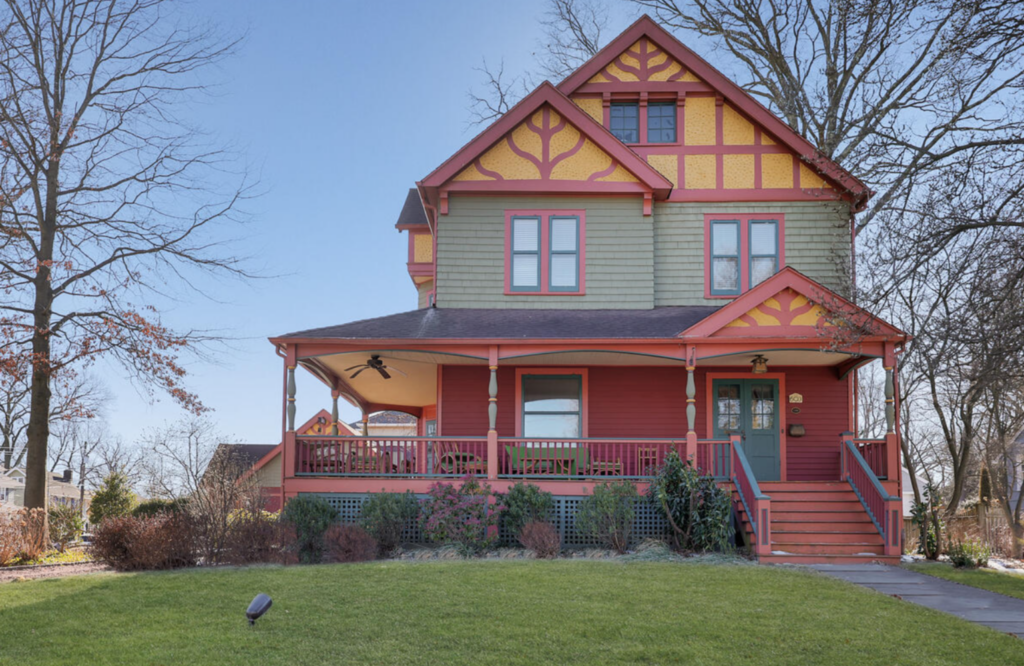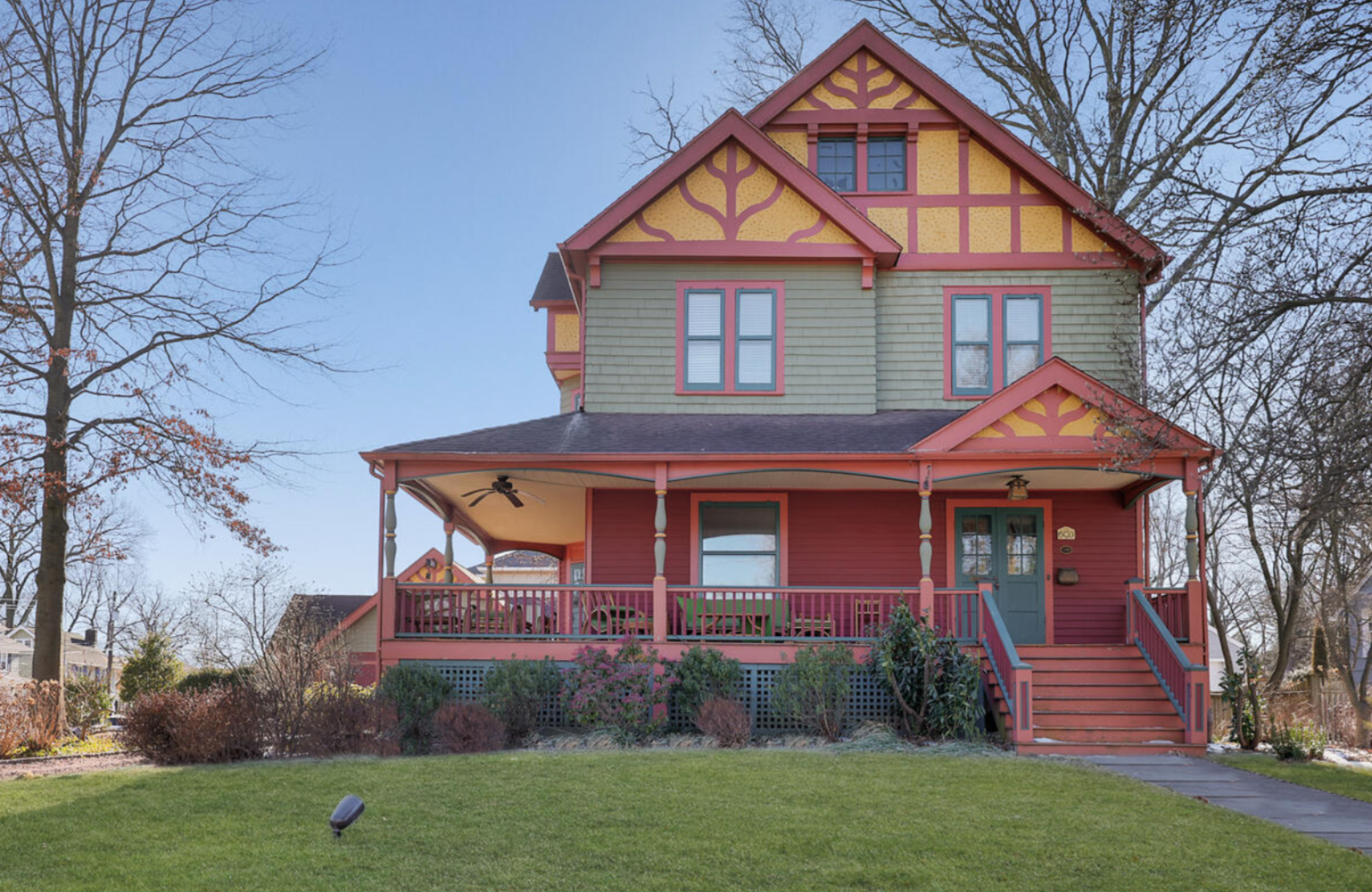July 10, 2025

Selling a home is always a significant milestone, but when that home is historically designated or architecturally distinct, it requires a much more nuanced approach. In North Central New Jersey, we’re fortunate to live among neighborhoods rich with history—lined with stately Victorians, charming colonials, mid-century gems, and homes officially designated as historic. These special properties deserve equally special representation.
But what exactly makes a home “historic”? While age is a factor—generally, a home must be at least 50 years old—true historic designation often depends on architectural significance, association with important events or people, or inclusion in a recognized historic district. In towns like Summit, Westfield, South Orange, and Morristown, many homes qualify due to their unique design, craftsmanship, or ties to the region’s heritage. Some homes are listed on the National Register of Historic Places, while others are part of locally protected historic districts. These designations come with benefits—and responsibilities—that require expert guidance.
Historic homes aren’t just beautiful; they’re deeply tied to the cultural and architectural fabric of the region. However, selling one isn’t as simple as listing it on the MLS and waiting for buyers to come through the door. These properties often come with local and state designations, preservation easements, and unique zoning regulations that many agents may not be familiar with. A misstep in marketing, pricing, or paperwork can not only cost sellers time and money, but can also jeopardize the integrity of the home’s historic value.
An experienced historic home realtor brings an understanding of how to highlight and protect what makes a home distinctive. Crafting stories that connect emotionally with buyers who are seeking authenticity and charm is a key part of a historic home marketing strategy. Knowing how to speak to the details that matter—original woodwork, antique hardware, period-specific renovations, and even the legacy of past owners or architects—makes these attributes become selling points, not just features.
Understanding how to guide sellers through the often-complex landscape of listing a historically designated property is another factor when considering your next move. Many homes fall under local historic commissions or district guidelines. This can affect everything from exterior paint colors to structural modifications. Having a team that can help you navigate those restrictions while preparing your home for sale ensures compliance, reduces risk, and preserves value.
In addition to regulatory knowledge, historic home specialists also come equipped with a strong network of resources. Working closely with preservationists, contractors, stagers, architects and inspectors who are familiar with the quirks of older homes—whether that means knob-and-tube wiring, stone foundations, or slate roofing—ensures that potential issues are addressed proactively and that the home is presented to buyers with the respect and care it deserves.
At Dwell New Jersey, our tagline is Real Estate. Done Differently. And when it comes to historic homes, that philosophy truly shines. We don’t treat these homes like just another transaction—we see them as legacy properties that require passion, expertise, and precision. If you’re thinking about selling a historic home in North Central New Jersey, let us help you protect its past while preparing it for a new future.
